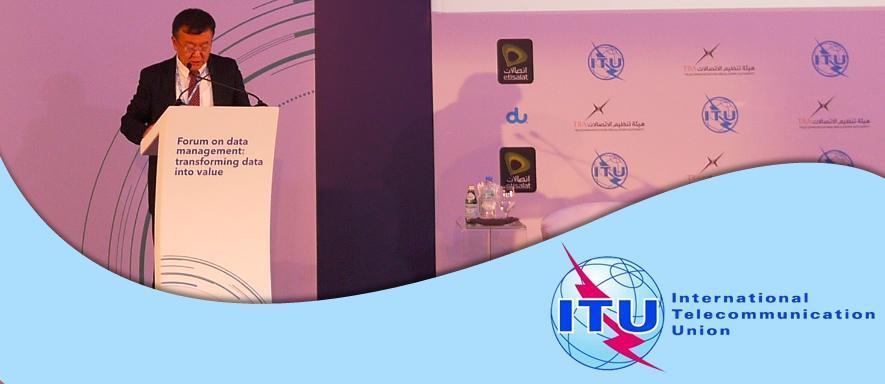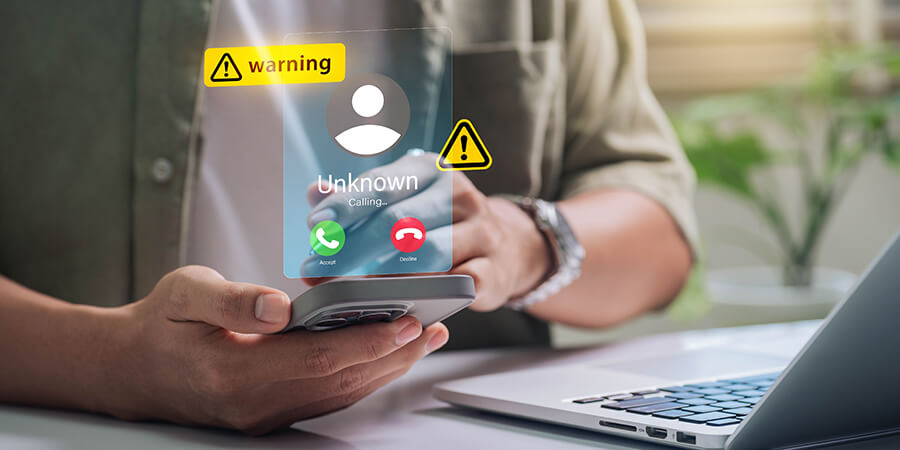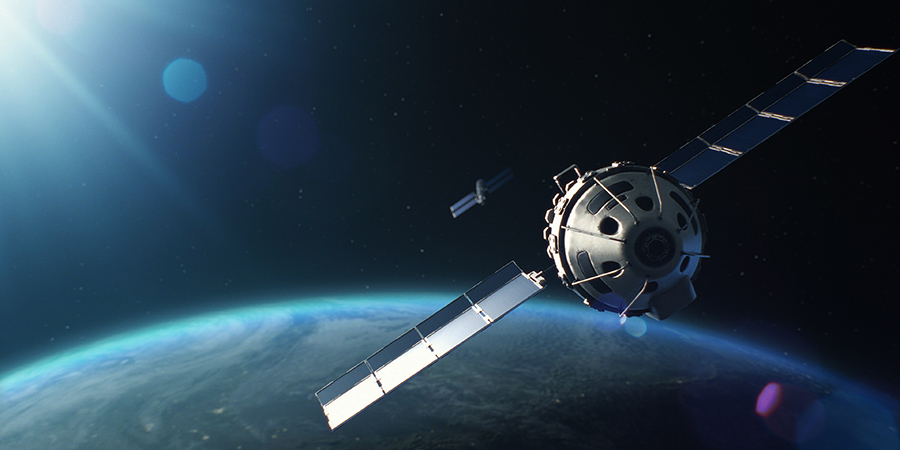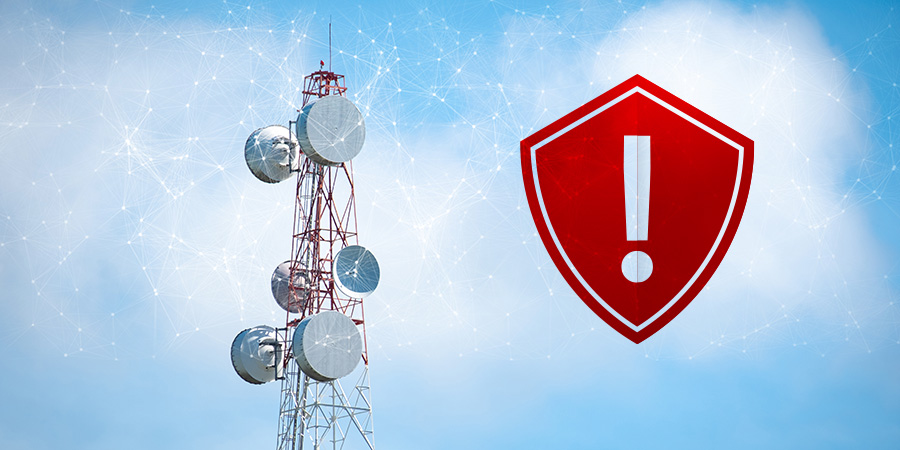Chaesub Lee, Director, Telecommunications Standardization Bureau, ITU, has called for the creation of technical standards in order to support the exchanging of ‘open data’ which can then be made available to ‘everyone’. Mr. Lee made the remarks at the world’s first ever forum on ‘Data Management’ which was held in Dubai. The event was a joint collaboration hosted by the Telecommunications Regulatory Authority (TRA) and ITU. The forum which was called ‘Transforming Data into value expanding the IoT potential with a special focus on Smart Cities’ – will be the first in a series of discussions that invites experts and key decision-makers to come together and examine the key challenges and opportunities presented by ‘Data Management’.
The ITU Director told Telecom Review that data was now a ‘fuel’ that can drive creativity, innovation and create new business enterprises and opportunities. He described data as a ‘real asset’ but insisted that the value of data decreases if it is not shared. He said this forum represented an opportunity for leaders to establish principles and philosophies and best practices for sharing data – which will inevitably increase the value of that data.
Mr. Lee said, “As I said data is now fuel, it is a real asset – but if you don’t share data then the value decreases, if you keep all the data to yourself – the only value provided is for that particular individual person or entity. However, if that data is shared with your community then the value increases – but the issue is how can we share this data? To facilitate this we need to establish our principles and philosophy. Open data in some sense is more sensitive, for example in the automotive industry they have their own data. The health industry they have their own data. However, the automotive industry wants to develop an application which can take into account the driver’s health condition. The automotive industry wants to know the driver’s health condition – but they need the data from the health industry in order to do so. So they need to share the data, and they need to know how they can do this effectively?”
Mr. Lee said we need to create a market to exchange data and establish technical standards and rules to support this data exchanges. He said, “How do the health industry and automotive sector exchange data? There’s no playing field to exchange this data, so we need something, a market to exchange this data and if it’s possible have an online exchange. In summary, to facilitate this exchange of data we need what we call ‘open data’ – and we need a technical standard to support how to make this ‘open data’ available to everyone.”
Mr. Lee spoke of the partnership between the ITU and Smart Dubai and talked about how they had a long collaboration history, and spoke of the formation of its study group in relation to ‘Smart Cities’. He also added that it’s easy to recognize Dubai as a ‘smart city’. The ITU Director said, “We’ve had a lengthy collaboration history, the Dubai and the UAE in general is a very supportive country to the ITU. We’ve collaborated on a number of projects, and most recently we’ve partnered on the subject of ‘Smart Cities’. It’s very easy to recognize Dubai as a Smart City. Dubai’s objective has always been very clear, and they want to make Dubai the ‘happiest city’ in the world in order to improve the lives of its residents. We’ve collaborated with Smart Dubai and it’s a good organ for driving our other ‘Smarter Cities’ initiatives.”
He also revealed that Dubai was the first city in the world to implement ITU-T KPI’s which were developed by the ITU for ‘smart city’ measurement. Mr. Lee said, “We have a collaboration agreement with Dubai to apply the ITU-T’s smart city KPI’s (Key Performance Indicators) for measuring smart cities. Smart Dubai is the first city in the world to apply ITU-T’s smarter cities KPI’s. The study took around eighteen months, and at this morning’s presentation I handed over the final findings of the study group. We’re now dealing with the next phase, which is the phase of ‘Data Management’.
In concluding his interview with Telecom Review, the charismatic ITU boss said that the ‘smart city’ movement was a collective effort and that the creation of this forum will help the ITU implement ‘smart city’ initiatives in other regions all over the world.
He said, “The Smart City movement is a collective effort – in terms of building a ‘smart city’ you need engagement from an infrastructure element, service element, applications and platform elements, but the key element we believe to be is IoT (Internet of Things) – so this forum we established can talk about the best practices for IoT solutions to create more smart cities like Dubai.”







